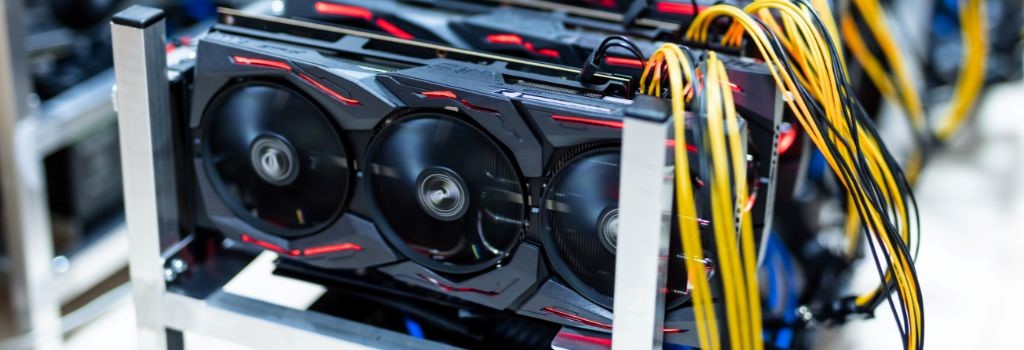Eagle-Lanner tech blog
AI workloads are becoming more diverse, from video language models (VLMs) running on compact systems to large language models (LLMs) requiring high-performance multi-GPU servers. To meet these varied needs, organizations require flexible and scalable hardware. Lanner delivers a comprehensive lineup of workstations and GPU servers, supporting GPUs from NVIDIA, AMD, Intel, and Qualcomm, designed to handle inference, training, and generative AI workloads efficiently.
Read more: Powering AI Innovation with GPU-Ready Workstations and Servers
Artificial Intelligence (AI) has already transformed how we process data, make predictions, and automate decisions. But as powerful as digital AI is, it has mostly lived inside the cloud, software platforms, or back-end systems. The next great leap is Physical AI—the embodiment of intelligence in machines that can sense, move, and interact with the physical world in real time. For enterprises, especially in manufacturing, logistics, and infrastructure, Physical AI is becoming a strategic driver for automation, efficiency, and resilience.
Read more: The Rise of Physical AI: Real-Time Intelligence for Robots and Autonomous Vehicles
Firmware operates at the deepest level of a computing platform—initializing hardware, launching the OS, and forming the foundation of system trust. Unfortunately, this also makes it a high-value target for cyber attackers. Threats like rootkits, supply chain tampering, or unauthorized firmware updates can compromise an entire system before software defenses even come online.
Read more: Securing the Edge: Platform Firmware Resilience (PFR) Essential Role
NVIDIA AI Aerial is a comprehensive, software-defined platform that fundamentally changes how communication service providers (CSPs) deploy and manage their networks. It's a transformative force because it uniquely unifies demanding AI and radio access network (RAN) workloads onto a single, accelerated GPU-powered infrastructure, enabling CSPs to maximize resource utilization, reduce operational overhead, and deliver scalable performance for both current 5G deployments and future 6G evolution. This innovative, cloud-native architecture streamlines the deployment and management of AI-enabled RAN services, making networks more agile and efficient.
In the dynamic world of industrial and edge computing, reliable processing power, strong connectivity, and long-term stability are key. The AMD Ryzen™ Embedded 7000 Series processors remain a significant contender for embedded performance, integrating Zen 4 architecture and RDNA™ 2 graphics. These processors bring their advanced 5nm core architecture and integrated graphics to industrial PCs, edge servers, machine vision, robotics, and network security appliances, making them a strong choice for current edge computing solutions.
Read more: Driving High-Performance Edge Computing with AMD Ryzen™ Embedded 7000 Series
As artificial intelligence continues to transform industries—from healthcare and finance to transportation and cybersecurity—the demand for scalable, reliable, and high-performance AI infrastructure has never been greater. However, deploying AI models at scale is not just about training massive neural networks. It’s about ensuring that the underlying infrastructure can handle growing complexity, real-time workloads, and data gravity without compromising performance or efficiency.
As mobile networks scale to support billions of connected devices and bandwidth-hungry applications, the energy consumption of Radio Access Networks (RAN) has emerged as a major concern. In fact, RAN infrastructure accounts for up to 75% of a mobile operator’s total energy usage, with base stations often running at full power even during off-peak hours. This static, one-size-fits-all approach is not only inefficient—it’s unsustainable in a world demanding greener, more adaptive networks.









